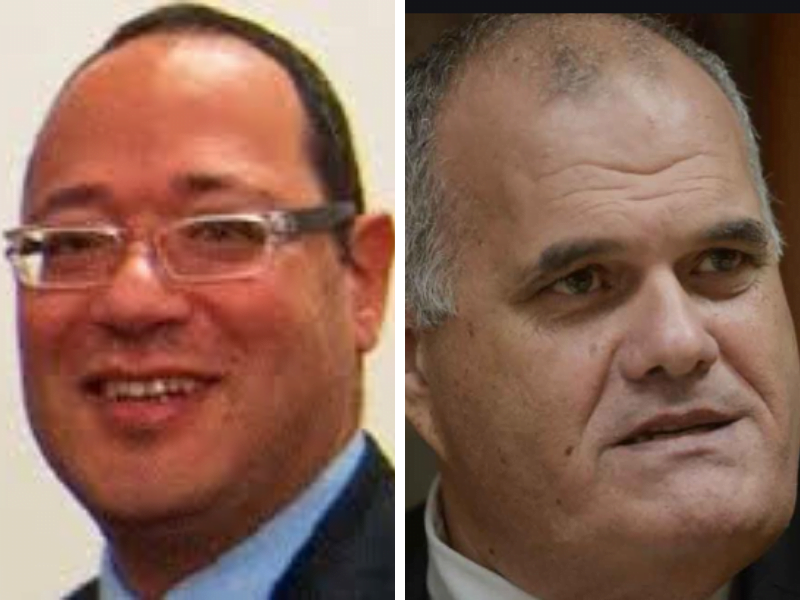Former director of the Financial Intelligence Analysis Unit (FIAU) Manfred Galdes had passed on documents about politically exposed persons, including information on former chief of staff Keith Schembri, directly to former police commissioner Michael Cassar.
Testifying before a public inquiry Board, Galdes said that these documents included bank statements, certificates of incumbency and information on ultimate beneficial owners, among others, and were handed to Cassar a few weeks before the Panama Papers scandal broke.
Today was the seventh sitting of the public inquiry into the assassination of journalist Daphne Caruana Galizia killed in 2017, tasked with investigating whether her death could have been prevented.
Galdes said that he did not go “through the normal procedure because of the nature of the case and the people involved, and because it was important that the police knew at the moment if they wanted to take action”. It was only in this “one circumstance” that he gave documents directly to the police commissioner, whereas normally they would go through a liaising police officer. He said that in this case, he didn’t trust anyone with the information, “not even a police messenger”.
Galdes did not specify all the information provided in the documents, but he acknowledged that it included documents on Willerby Trade, Schembri’s company, and documents which were then leaked in the Panama Papers.
“The bank statements were clear, the documents were self-explanatory – there was enough information to start an investigation with urgency,” he said.
In a previous sitting, Cassar had said that in April 2016 he was aware of the FIAU investigations into potential kickbacks between Nexia BT’s Brian Tonna and Schembri, and said that since the financial unit was working on it the police were not required to investigate the matter.
Yet, today, Galdes said that whether investigations by FIAU were ongoing or not, it did not rule out the need for police to also investigate. Rather “it is good to work together, as we have different strengths,” he said.
Galdes confirmed that within Cassar’s tenure as police commissioner he had collaborated on investigations together with Galdes. “There were cases which we worked on in tandem, including with the Secret Services,” he said.
Asked whether there was ever any direct or indirect political influence during his time as director, Galdes said they were very strict on direct influence. He still mentioned “a couple of incidents of indirect influence before (he) resigned which made (him) feel uncomfortable”. At this point, the press was asked to leave the room to discuss the topic further in a closed setting.
Speaking about his resignation, he said that he left as he found it “difficult for the FIAU to exert its duty according to the law and international obligations”.
Galdes had resigned shortly after the FIAU had started investigating Schembri and former Tourism Minister Konrad Mizzi.
“The resources on money laundering and terrorism were going to remain ineffective, and I felt that I could not play out my duty if I couldn’t be effective,” Galdes said.
He explained that although he would find necessary support from Finance Minister Edward Scicluna, things would somehow stall when it reached the Management and Personel Office, where he found no backing for increased resources. At this point, the Caruana Galizia family lawyer Jason Azzopardi noted that the MPO falls under the remit of the Office of the Prime Minister.
When pressed whether he felt that resources were purposely held back, Galdes replied: “I can only give my opinion not facts, but it was suspicious”.
He referred to the lack of officers within the Malta Police Force as one of the reasons why investigations were “ineffective”. “There were not enough resources for complex financial crimes,” and explained that the few “good-willed” experts available would have other work which takes priority.
It was not only cases of politically exposed people that stalled but also cases of orders for investigation or seizing assets and “two years pass and nothing would have happened”.
The current director of the FIAU, Kenneth Farrugia, also testified but mainly behind closed doors.
Farrugia told the inquiry board that the work on politically exposed persons, which started during Galdes’ tenure had continued after he had been appointed director. A total of 15 reports linked with the Panama Papers were handed to the police by the FIAU, some of which involved these politically exposed persons.













